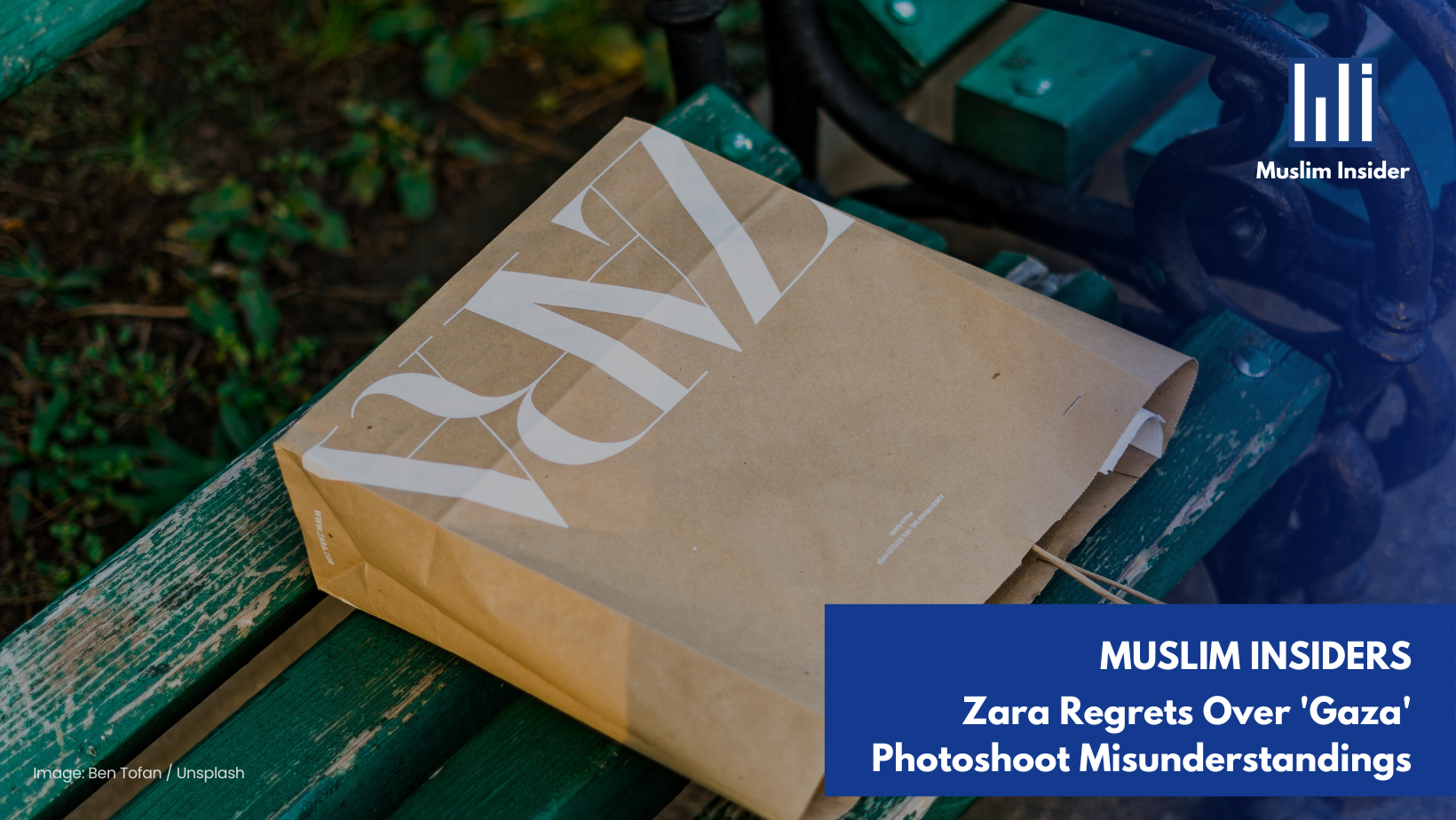
Zara regretted on Tuesday the “misunderstanding” over an ad campaign illustrating white-wrapped statues, which stimulated boycott calls from pro-Palestinian groups. Following tens of thousands of complaints on its Instagram account, the company quickly removed the photographs, which had a striking resemblance to images of victims in white shrouds in Gaza.
Zara’s “The Jacket” campaign included a series of photographs of the model against a scene of broken stones, deteriorating sculpture, and cracked plasterboard. The photographs are so similar to the situations that are happening in Gaza that it has invoked a surge in response on online platforms to the photoshoot images that are deemed intentional.
On the messaging platform X, the hashtag “#BoycottZara” was on the trend. Zara’s announcement highlights the difficulty that multinational brands confront in managing Gaza-related sensitivities.
The same thing happened with the brand M&S in November. They posted a photo on their social media platform Instagram of Christmas party hats using the colours of the Palestinian flag on fire. Even though they have explained their intention on the X platform that they are just “playfully showing that some people don’t enjoy wearing paper Christmas hats,” it has received massive criticism from social media users.
They apologised, saying, “We have removed the post following feedback and we apologise for any unintentional hurt caused.” The Advertising Standards Authority (ASA) said it had received 116 complaints about M&S’s ad.
As for Zara, the campaign has led to 110 complaints to the Advertising Standards Authority (ASA) across social media and TV, according to the BBC. Before facing criticism, Zara promoted “The Jacket” campaign as “an exercise in concentrated design that is conceived to showcase the finest aspects of Zara’s creative and manufacturing capabilities, Zara Atelier offers one garment, six ways—and with unlimited possibilities” Zara Atelier features a single outfit that may be worn in six different ways, providing unlimited choices.”


